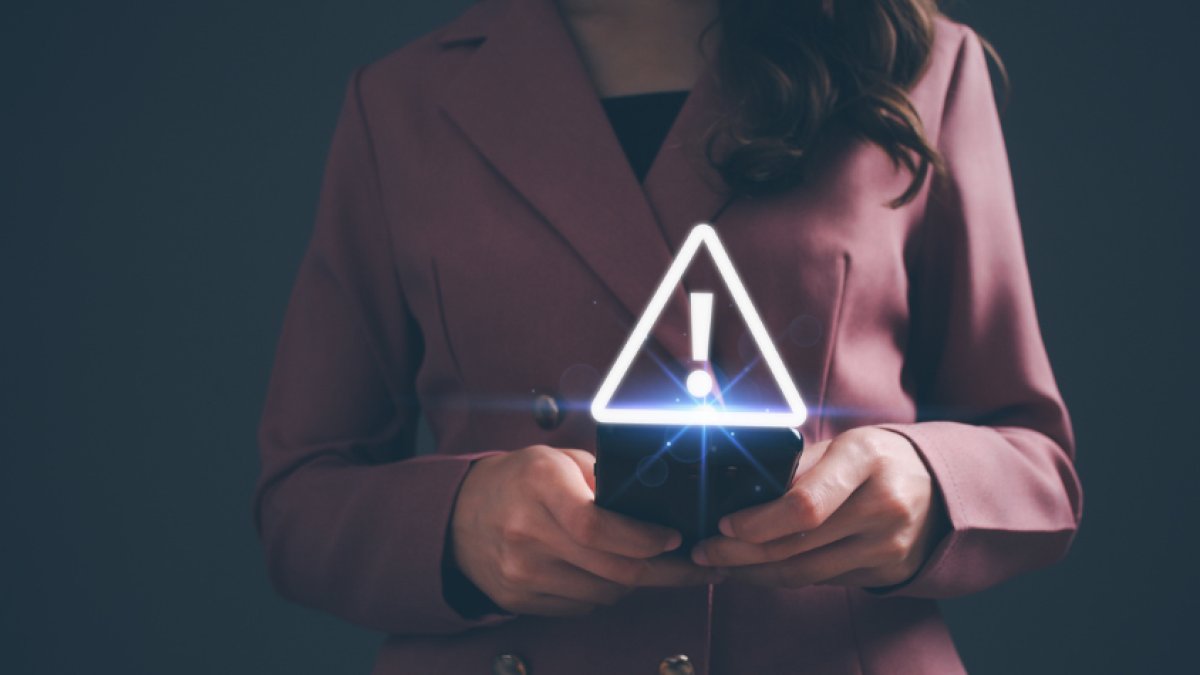Published on 11/23/2024 9:59 p.m.
Reading time: 1min – video: 2min
Health: what impact do headphones have on hearing? Health: what impact do headphones have on hearing? (France 2)
67% of 13-25 year olds use headphones between one and four hours a day. Saturday November 23, Doctor Jimmy Mohamed was on the set of 20 Heures to discuss the consequences of this use on hearing.
Should you choose certain headphones or earphones to preserve your hearing? “No, because whatever the earphone, large headphones, classic earphones or in-ear, none is neither more dangerous nor less risky for your hearing. What damages your ear is quite simply the sound volume and duration of exposure”explains doctor Jimmy Mohamed on the set of 20 Heures. He adds that “sound trauma will destroy [les cellules spécialisées de l’audition] which will not be replaced..
Hearing may begin to decline “from 50 years old”. Several signs can alert: “You have difficulty following a conversation in noise”, “you need to turn up the sound on the television” et “you can have tinnitus”says Jimmy Mohamed. The doctor also recalls that“with the 100% health system, you have access to quality prostheses fully reimbursed by Social Security and mutual insurance companies”.
Watch the full article in the video above

**Given the prevalence of headphone use among young people, what specific public health initiatives would you recommend to address potential hearing loss in this demographic?**
## World Today News Interview: Headphones and Hearing Health
**Introduction:**
Welcome to World Today News. Today, we’re discussing a topic crucial to our well-being, especially in our increasingly digital world: the impact of headphones on our hearing. We have two esteemed guests joining us: Dr. Emily Carter, an audiologist specializing in noise-induced hearing loss, and Alex Taylor, a technology reviewer and avid headphone user. Welcome both!
**Section 1: Prevalence and Impact**
* **Dr. Carter:** The article states that 67% of 13-25-year-olds use headphones for 1-4 hours daily. Do you find this statistic concerning, particularly given the trend of early hearing loss?
* **Alex Taylor:** As someone who uses headphones extensively, I’m curious – what are some of the long-term consequences of this prolonged use that we should be particularly aware of?
**Section 2: Debunking Myths**
* **Dr. Carter:** The article mentions that headphone type doesn’t matter as much as volume and duration. Could you elaborate on this and address any common misconceptions about certain headphone types being inherently “safer”?
* **Alex Taylor:** A lot of people try to justify louder volumes by saying, “I just like my music loud!” How can we balance enjoying music with protecting our hearing?
**Section 3: Recognizing the Signs**
* **Dr. Carter:** The article mentions several warning signs of hearing loss. Are there any other subtle signs people might overlook, and what can they do if they suspect a problem?
* **Alex Taylor:** As a tech reviewer, I’m often trying out new headphones. What features should people prioritize when choosing headphones to minimize the risk of hearing damage?
**Section 4: Prevention and Solutions**
* **Dr. Carter:** The article highlights available solutions like hearing aids. Can you elaborate on the accessibility and effectiveness of these solutions?
* **Alex Taylor:** What are some practical tips for headphone users to implement in their daily routines to protect their hearing without sacrificing their enjoyment of music or podcasts?
**Concluding Remarks:**
Thank you both for sharing your expertise. This is clearly a critical issue, and it’s vital we raise awareness and promote responsible headphone use. We encourage our viewers to take proactive steps to protect their hearing and prioritize their long-term health.

